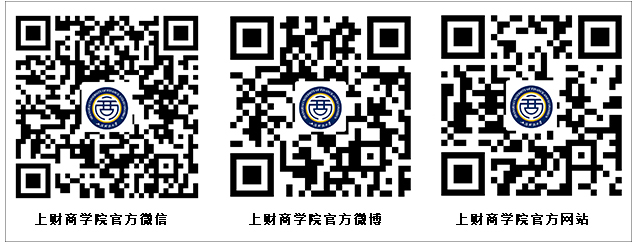题目:Non-environmental Outcome From Environmental Consciousness: A Dilemma in the Sharing Economy
主讲人:Ying Lei ,Assistant Professor of marketing , Peking University Guanghua School of Management
时间:2018年5月14日(周一)13:30-15:00
地点:中欧平台武东路校区大楼106室
摘要:
The ride-sharing economy aims at matching demand for the existing but idle supply of drivers. But the profitability of offering rides also attracts some brought-to-market supply. We distinguish between the “real shared supply” and the “created supply” on a sharing platform, and study the effect of consumer heterogeneity on the market structure. There are two types of passengers, the “environmental” ones who care about relieving the traffic burden and hence value a shared ride and the “non-environmental” ones who do not have such consciousness. When the fraction of environmental passengers increases, the average willingness-to-pay from passengers will increase and as a result more created supply will be brought to the market. However, the increased crowdedness hurts every passenger, and the smaller likelihood to get a real shared supply hurts the environmental ones even more. Therefore, overall it is unclear if the environmental consciousness and preference towards the “sharing economy” could help relieve the traffic burden or not. We show that such environmental concern may lead to non-environmental outcome, i.e., heavier traffic burden, if 1) the real shared supply is relatively scarce and the environmental passengers’ extra willingness-to-pay is large; or 2) the real shared supply is large enough.
主讲人简介:
Ying Lei has a Ph.D. in Economics from Boston University, an M.A. in Economics from New York University and a B.A. in Economics from Renmin University of China. She joined Peking University Guanghua School of Management as an assistant professor of marketing since 2016. Her main research fields are quantitative marketing, industrial organization, applied game theory, and mechanism design. Current research interests are pricing strategy, advertising strategy, consumer learning (WOM, online reviews etc.), platform/technology adoption and platform competition.


